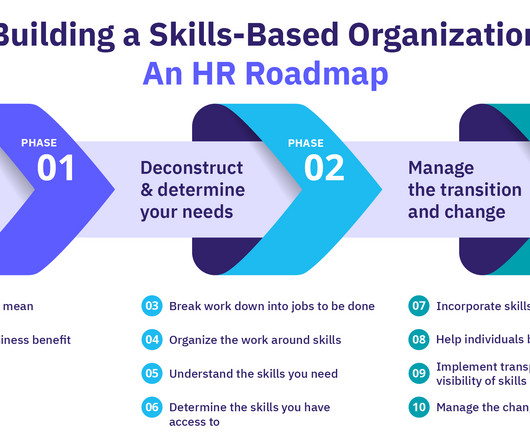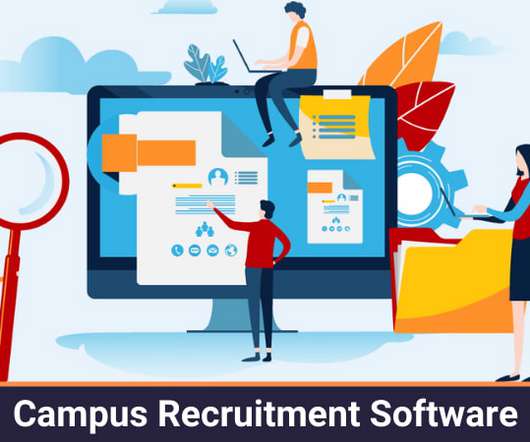Talent Management Trends that Enhance the Future of Work
Engagedly
NOVEMBER 15, 2023
Employers are doing more to keep employees, or talent, at the forefront of many decisions. Why Track Talent Management Trends ? Employee turnover, retention, and hiring expenditures all have an impact on your business’s bottom line. This data is analyzed to increase efficiency and productivity of the organization.
















Let's personalize your content